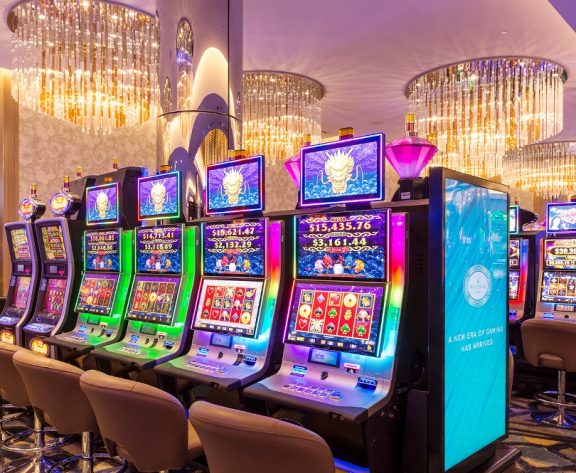- Macau agrees to bring in new laws on casino regulation
- Six operators will have to pay more for shorter licences
- Agreements unlikely to impact gamblers immediately
3 Minute Read
Macau casino gambling law will make it harder for foreign junkets to visit its casinos
Gambling in Macau is expected to undergo something of a transformation over the coming decade, as government authorities receive greater control of the Chinese special administrative region’s core industry.
Macau is one of the few places in the South China Sea where gambling is legal. It attractions millions of Chinese tourists each year, as well as Hong Kongers and players from down the Malaysian peninsula.
Macau’s legislature has approved a landmark bill to instigate reforms in how its casino industry – which makes up 50% of the region’s economy – runs.
Amongst these reforms include:
- Cutting the licence term from 20 years to 10 years
- $5.81m licence renewal fee
- Fixing casino tax at 40%
- Giving officials greater oversight of casino operations
- Incentives for attracting foreign gamblers
- Requirement that all casinos have $618.43m in liquidity for the duration of the licence
The wide-ranging reforms mark the first major changes to Macau’s casino industry since gambling was legalized in 2002.
The 20-year licensing period for Macau’s six established casinos passes this summer – and authorities have looked to change the industry’s governance before granting fresh licences.
What Macau Reforms Mean For Gamblers
Macau was taking in $37bn annually from gamblers before the COVID-19 pandemic hit. Since then the economy has taken a hit due to social distancing restrictions, while China is cracking down on junkets to the region that its government says is bleeding yuan back to America and Europe.
Its six casino operators – Wynn Macau, Sands China, MGM China, Galaxy Entertainment, Melco Resorts and SJM Holdings – are all expected to remain in the region despite the new legislation.
And the updated laws are not expected to overhaul the Macau gambling experience. In fact, they could well improve it, with casinos now more dedicated than ever to provide all-round entertainment similar to that enjoyed in Las Vegas.
Macau has been seeking to expand its reputation as the go-to resort capital of South East Asia for years, and – like Vegas – now offers family-friendly vacation packages as well as gambling junkets.
Diversifying is necessary if Chinese authorities are to scrutinize how much money is leaving the mainland for the region’s US-owned casinos. And with a fresh surge of COVID-19 locking down its 600,000 population, authorities know Macau cannot rely on casino income to sustain the economy.
The new legislation was expected to come in this July but a delay in the licensing renewal for Macau’s casino operators means the deadline has been pushed back six months.
All being well the new regulations, new licenses but same-old Macau gambling experience will be in place by 2023. It is how the region develops over the coming years that will determine the success of the legislation.






